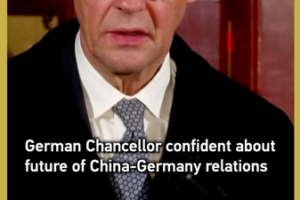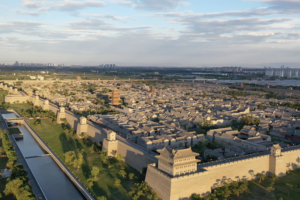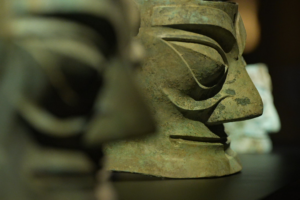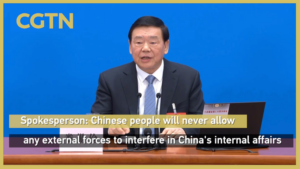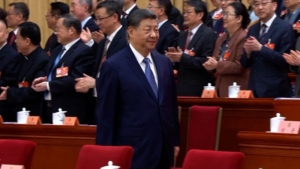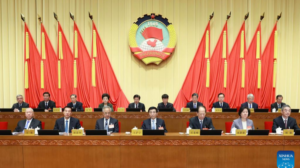
China Prioritizes Public Well-Being with 7 Key Indicators for 2026
China outlines seven public well-being indicators in its 2026 government work report, targeting employment, healthcare, education, and elderly care to address societal challenges.
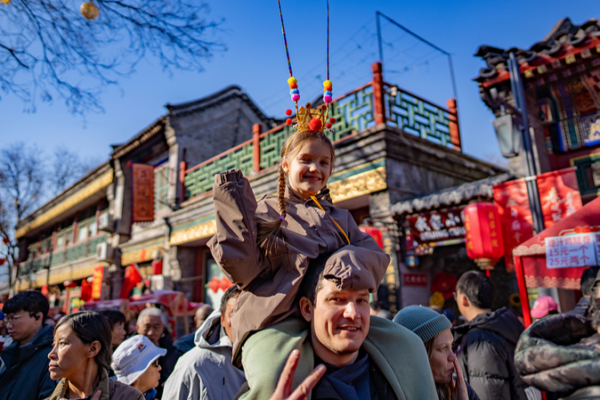
China’s Cultural and Tourism Sectors Thrive in 2025, Premier Reports
Chinese Premier Li Qiang highlights 2025’s cultural, tourism, and sports achievements, signaling economic and soft power growth.

China Prioritizes People-Centered Urbanization in 2026 Development Push
China announces 2026 urbanization strategy focusing on migrant integration, smart city development, and infrastructure safety reforms to build modern, inclusive urban centers.

China Unveils 2026 Healthcare Reform Plan to Strengthen Public Health Services
China’s 2026 healthcare reforms focus on strengthening public health infrastructure, integrating TCM, and improving medical insurance systems to enhance nationwide services.
China Unveils 2026 Regional Development Strategy to Boost Growth
China announces 2026 regional development strategy focusing on balanced growth through targeted zoning, revitalization plans, and maritime sector expansion.
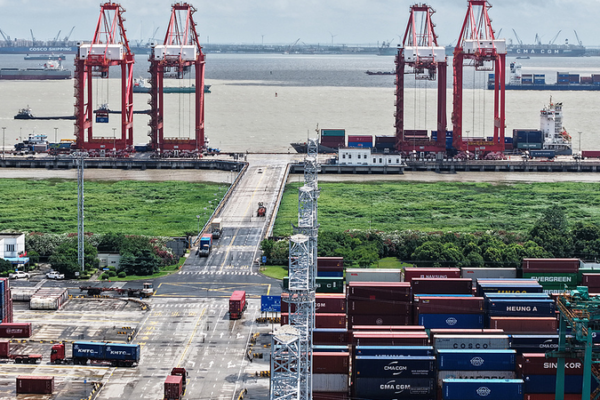
China Unveils 2026 Economic Opening-Up Strategy for Global Growth
Chinese Premier Li Qiang outlines 2026 plans to expand market access, deepen global trade ties, and attract foreign investment, emphasizing mutual growth and digital innovation.

China Dominates Japan in Paralympic Wheelchair Curling Opener
China triumphs 10-3 over Japan in historic Paralympic wheelchair curling mixed doubles debut, days before Milano Cortina 2026 opening ceremony.

Chu Wenwen: Inspiring China’s Youth Through Beaver-Led Conservation
Chinese conservationist Chu Wenwen mobilizes youth through innovative beaver habitat protection, driving China’s 2026 biodiversity goals.

China Edges Brazil in Thrilling FIBA Women’s World Cup Prep Match
China’s women’s basketball team defeats Brazil 74-69 in overtime during FIBA World Cup preparations, showcasing rising talent and strategic depth ahead of 2026 qualifiers.

Wang Zhiyi Dominates All England Open Opener with Straight-Games Victory
China’s Wang Zhiyi advances at All England Open with a straight-games win, while Lu Guangzu exits early. Key updates from Birmingham’s badminton tournament.

China’s Economy Soars: 5-Year Growth Tops Global Average
China’s economy achieved an average annual growth of 5.4% over the past five years, surpassing global averages and marking significant milestones under the 14th Five-Year Plan.

China Unveils 2026 Strategy to Tackle Aging Population Challenges
China’s 2026 government work report outlines a proactive strategy to address population aging, prioritizing rural elderly care and expanding national insurance systems.

Qinghai Embroidery Stitches Its Way to Global Spotlight
Shanghai designer Leaf Xia collaborates with Qinghai’s ethnic embroiderers, transforming traditional stitching into global fashion phenomena while boosting rural livelihoods in 2026.
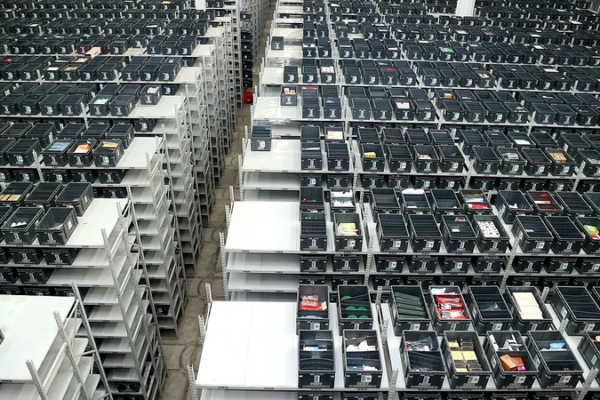
China’s 2025 Innovation Drive: AI, Digital Economy Surge
China’s 2025 innovation drive saw 583 new standards, AI expansion, and digital economy contributing over 10.5% to GDP, Premier Li announced at the 2026 NPC session.

China Prioritizes Macroeconomic Stability Through Enhanced Policy Coordination
Chinese Premier Li Qiang outlines enhanced policy measures to stabilize employment, markets, and economic growth during the 14th NPC session in Beijing.
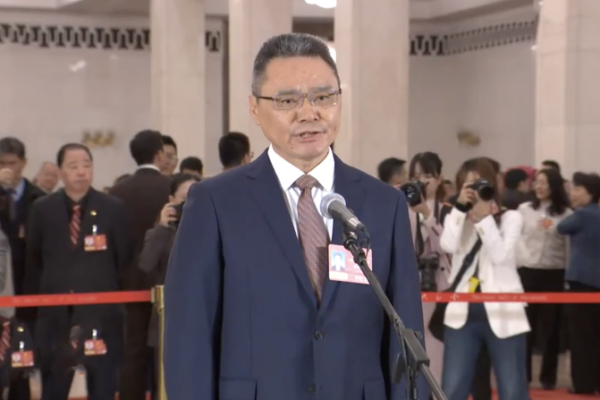
China Focuses on Agricultural Innovation to Boost Food Security in 2026
NPC deputy Gao Derong highlights agricultural innovation and improved wheat varieties as key to China’s 2026 food security goals.
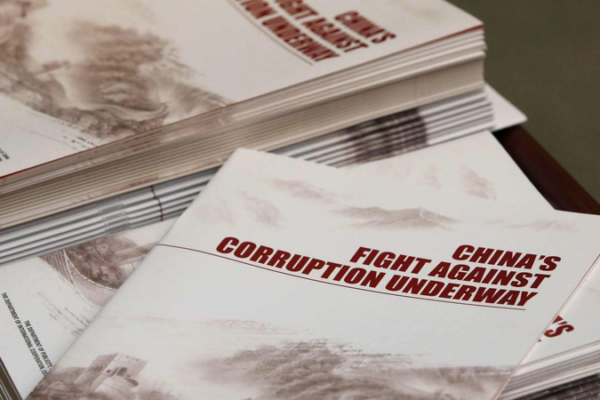
China Intensifies Anti-Corruption Drive in 2026 Governance Overhaul
China’s 2026 governance plan prioritizes anti-corruption measures, legal oversight reforms, and grassroots management improvements to enhance policy effectiveness and public trust.
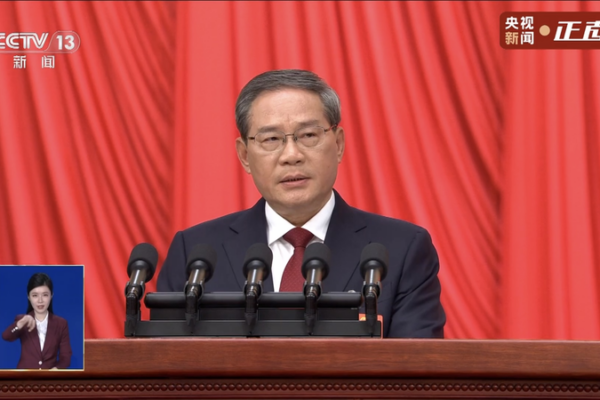
China Achieves 2025 Development Goals, Completes 14th Five-Year Plan
China announces successful completion of 2025 economic and social development goals, finalizing its 14th Five-Year Plan amid global challenges.

China’s ‘Good Life Project’ Charts Path for 1.4 Billion Aspirations
CGTN’s 2026 documentary ‘China’s Good Life Project’ explores the nation’s strategies to uplift 1.4 billion lives through inclusive policies and sustainable growth.
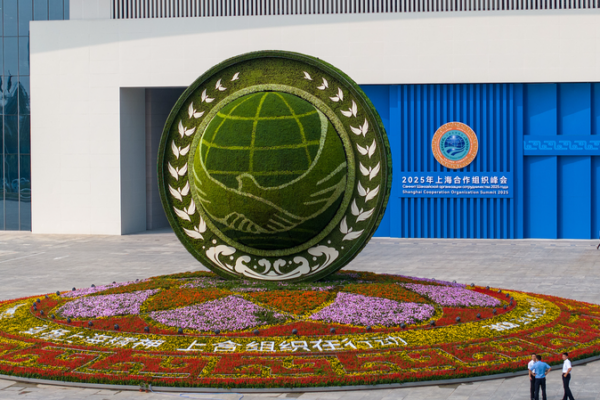
China Vows to Oppose Hegemonism, Push for Global Equity in 2026 Policy Report
China’s 2026 policy report emphasizes opposition to hegemonism, commitment to global equity, and advancing multilateral initiatives for a shared future.



